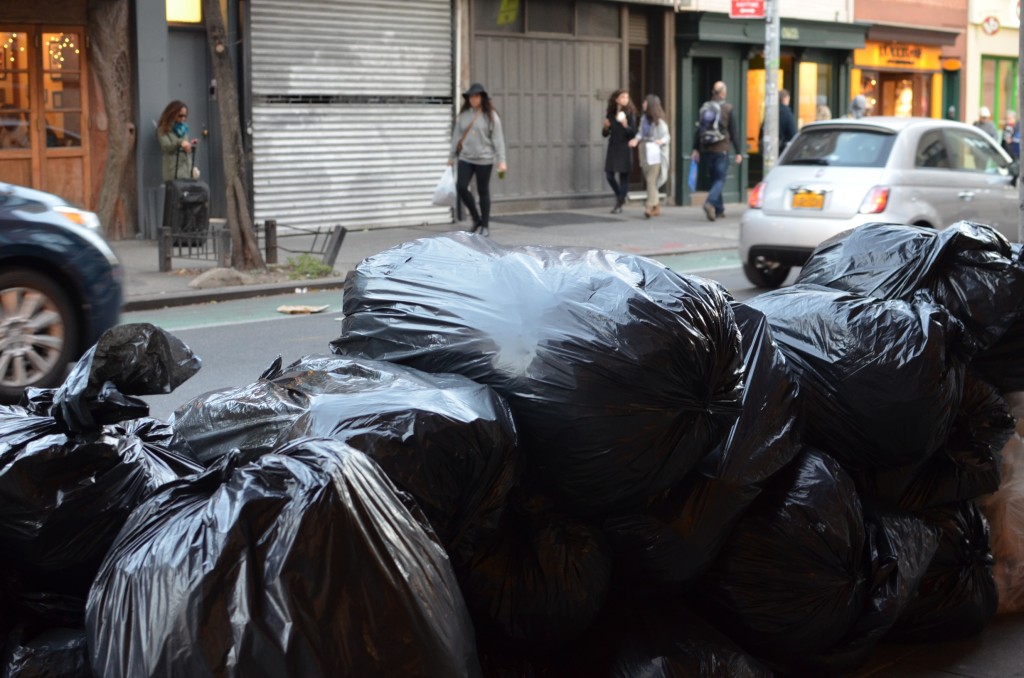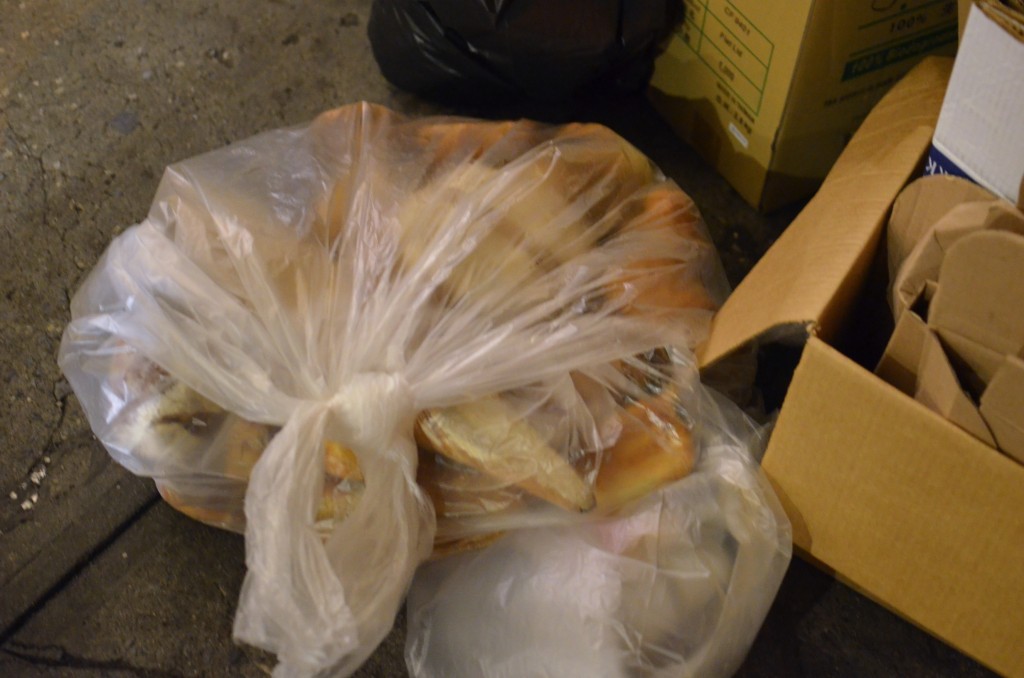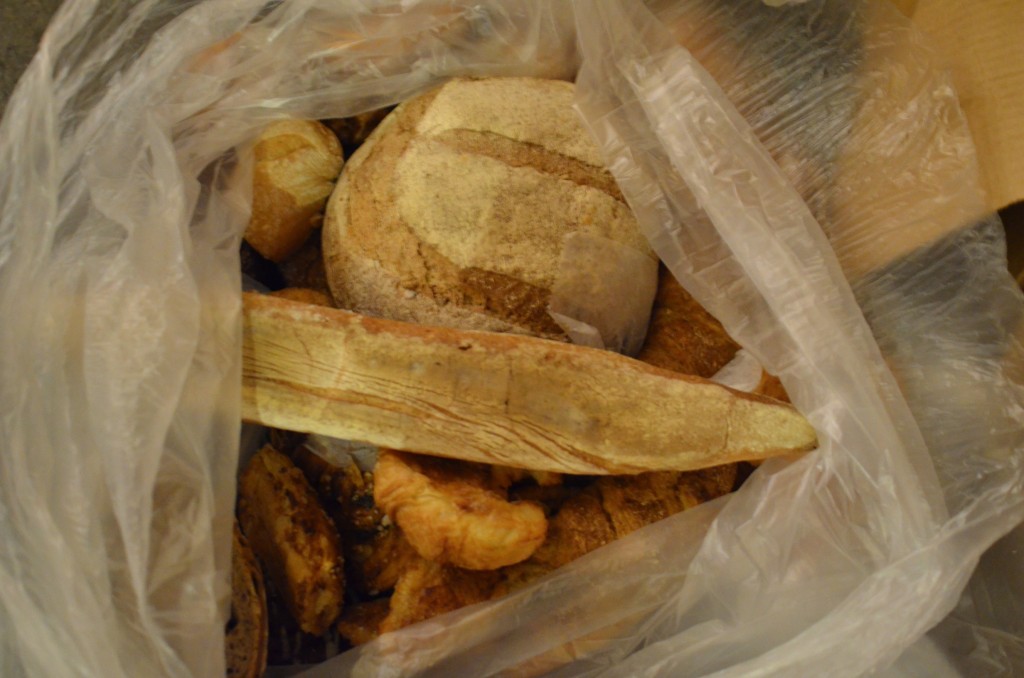Buying food is expensive. This is especially true in New York City where groceries seem to run on their own currency. Luckily for cash strapped college students, New York is also an ideal place to try out freeganing – a new sustainable (and affordable) trend that is sweeping the nation.
What is freeganing?
Freeganing is a philosophical system as well as a way of life. Dedicated freegans live in a way that emphasizes waste reduction, minimal consumption, shared resources and distancing one’s self from a capitalist driven market. Practices range from reclaiming abandoned buildings to visiting freegan “markets” where people exchange unwanted used goods at no cost to dumpster diving.
How do you dumpster dive?
Dumpster diving doesn’t sound like the most sanitary way to get food, but it’s surprisingly safe and easy. It simply stems from the idea that many restaurants and other food establishments often waste an incredible amount of food every day leaving it curbside or in dumpsters. .

Photo by Margaret Weinberg
Dumpster diving is only as adventurous as you make it. For the more hesitant, you can dumpster dive without ever touching an actual dumpster. Many cafes and bakeries toss bread products out at daily often placed in their own bag by the curb, separate from other trash.
For the fearless, feel free to scavenge bags and dumpsters uninhibited. Grocery stores often throw away produce or prepackaged products that have just reached their “Best Used By” date. In reality, these dates are set earlier than needed for liability purposes and are still safe for consumption. But always trust your nose and eyes to tell you what’s good.
Is dumpster diving legal?
You might get some weird looks while dumpster diving, but it is 100% legal. In 1998, the Supreme Court actually ruled that when a person throws something away it is public domain, so it turns out, one man’s trash is legally one man’s treasure. Beware, however, not to trespass.
So why should I freegan?
To conserve! Americans waste around 40% of the total food supply, a $165 billion value. At the same time, people world-wide are still starving. Freeganing also helps the environment by reducing waste sent to landfills. Even if you don’t need the food yourself, dumpster diving helps give back to your community. Check out your local chapter of Food Not Bombs, an organization that uses food that would go to waste to help serve free meals to those who need it.
Check out some top freeganing spots below, and visit freegan.info to learn more or get involved with a Freegan meetup.

Photo by Margaret Weinberg
Top Freeganing Spots
Le Pain Quotidien (Level: Easy, Multiple Locations)
Visit any of this chain’s many locations for free bread products and baked goodies nightly – check websites for closing times and plan to stroll by within the half hour after they close.
Gristedes – (Level: Medium, 246 Mercer St)
For the more adventurous, this branch of Gristedes is especially generous. You might have to do a little digging, but you will find plenty of pre-packaged products that have only just hit their “Best Used By” Date
Trader Joes – (Level: Hard, 142 E. 14th St)
Wait until after 10pm, when the employees put the trash out on the curb. This location can be a bit overwhelming, due to volume of product, popularity for other dumpster divers and watchful employees For those willing, the dig is worth it for the produce, prepackaged food, and snacks you can find.

Photo by Margaret Weinberg
Check out this directory for more freeganing suggestions.
Happy Freeganing!

